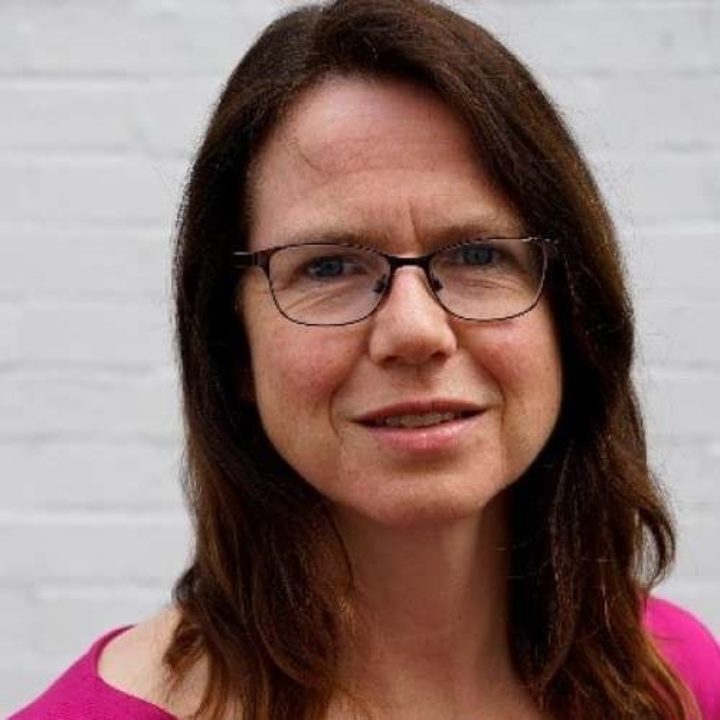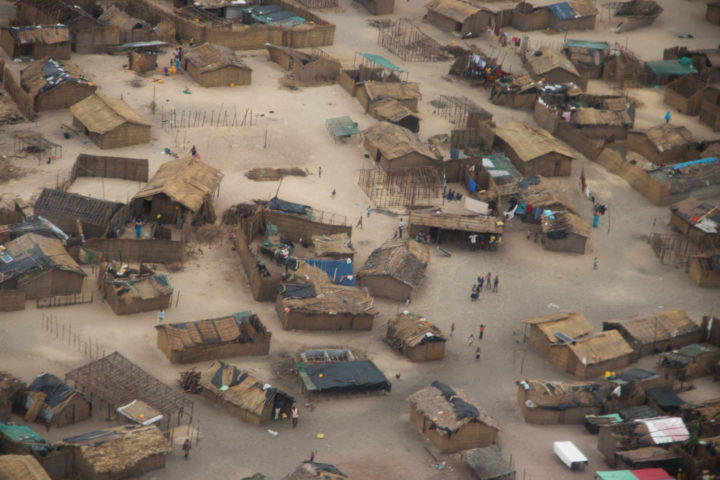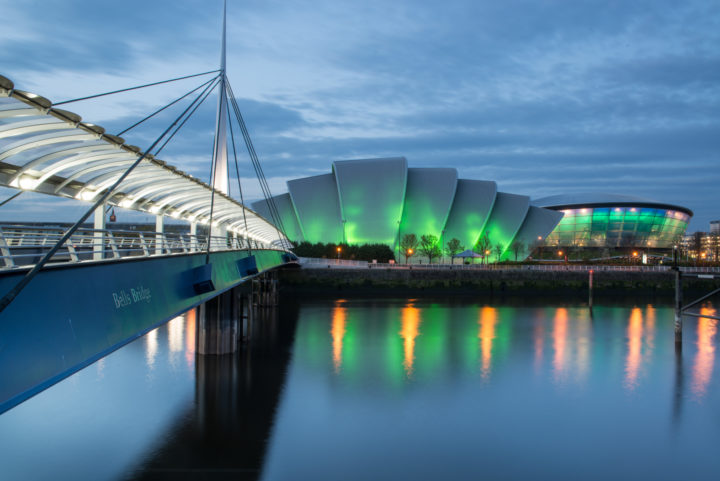What do you do when a climate catastrophe takes everything?
What is the concept loss and damage and why will you be hearing more of it at COP26?
By Kathy Grenville
Share
Last updated:

In the months ahead, we’re going to be hearing a lot more about loss and damage. It’s now a key element of the United Nations climate negotiations, which come to Glasgow in November.
In the legal world, damage is defined as a loss or harm resulting from injury to a person, property or reputation. Damages refer to financial compensation provided to a person who has suffered a loss or harm due to the unlawful act or omission of another. If someone does something careless that ends up hurting you or damaging your property, you would quite rightly want compensation.
So what happens when the damage or loss is caused by a climate catastrophe? Who pays for the damages or compensation for the careless behaviour that got us into this climate calamity?
Loss and damage was brought into the UN climate negotiations in the 2013 summit in Warsaw – in fact, it’s sometimes referred to as the ‘WIM’ (Warsaw International Mechanism). Countries reaffirmed their commitment to it two years later, in the Paris Agreement; but it is one of the biggest areas of disagreement between rich and poor countries.

When cyclone Idai hit Mozambique in March 2019, followed a few weeks later by cyclone Kenneth, the country was left devastated, lives were lost, and agriculture ruined.
After the initial emergency search and rescue missions, the country was forced to take on a huge loan from the IMF to pay for the recovery efforts. This has saddled the already poor country with huge debt. A country that was just starting to emerge from the grip of poverty is now knocked back into debt.
What is it to do when the next cyclone of this magnitude hits again, as climate science predicts will happen more often?
The tiny low-lying islands in the Pacific are starting to face the reality of rising seas, to which the only solutions are to evacuate or artificially elevate the land. The Marshall Islands are predicted to be largely underwater by 2030. How can they afford to adapt? Where can they run to?
There are many more stories of devastation emerging across the global south. But these are not countries or communities who were careless enough to cause global warming, they are not the great emitters who continue to spew greenhouse gases into the atmosphere even when we know it causes harm.
In the face of such growing climate devastation across the most vulnerable parts of the globe, it is little wonder that the wealthy, high emitting countries do not want to be asked for climate compensation for damage caused. The bill would be enormous. But the damages are still being felt by those least able to respond. So how should the world respond, and who should pay?
In COP25 in Madrid last year, developing countries asked for a pot of money they can call on when disaster hits. But the rich countries pushed back, saying they already contribute to climate protection through existing funds, such as the Green Climate Fund (GCF). However, the existing climate funds are already paying for projects which cut carbon and adaptation to climate impacts, and the amounts of money in these pots is too little.

So what can be done at COP26 in Glasgow that can turn the concept of loss and damage into reality and help the most climate vulnerable people on our planet?
First of all, the world must recognise the scale of climate impacts. Leaders need to listen to the shocking stories of the people facing ruin in the face of extreme weather.
Secondly, there needs to be a response plan, stating what action needs to happen to help make these countries more robust in the face of storm, drought and flood.
Finally, there needs to be agreement on how to help these people and recover in the worst cases, and that agreement must include who will fund it, and how, and to what extent.
So when you next see an advert for advice on how to sue for compensation for an accident at work that wasn’t your fault, maybe you will wonder where the people of Mozambique can go to get help for the devastating loss and damage caused by people and countries who are careless with our climate.
That’s what loss and damage is about – and why you’ll definitely be hearing a lot more about it as we come closer to the Glasgow summit in November.
Share